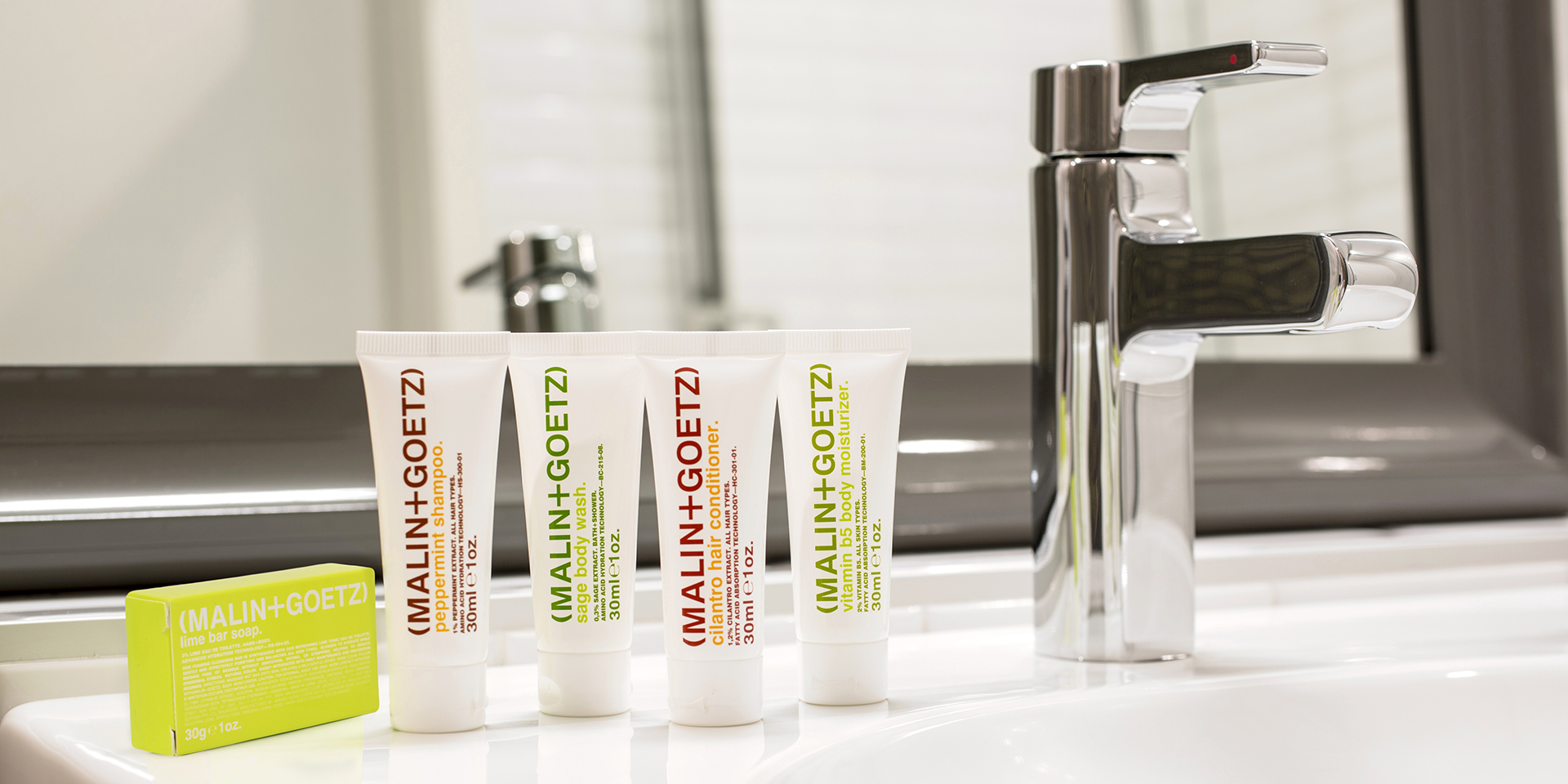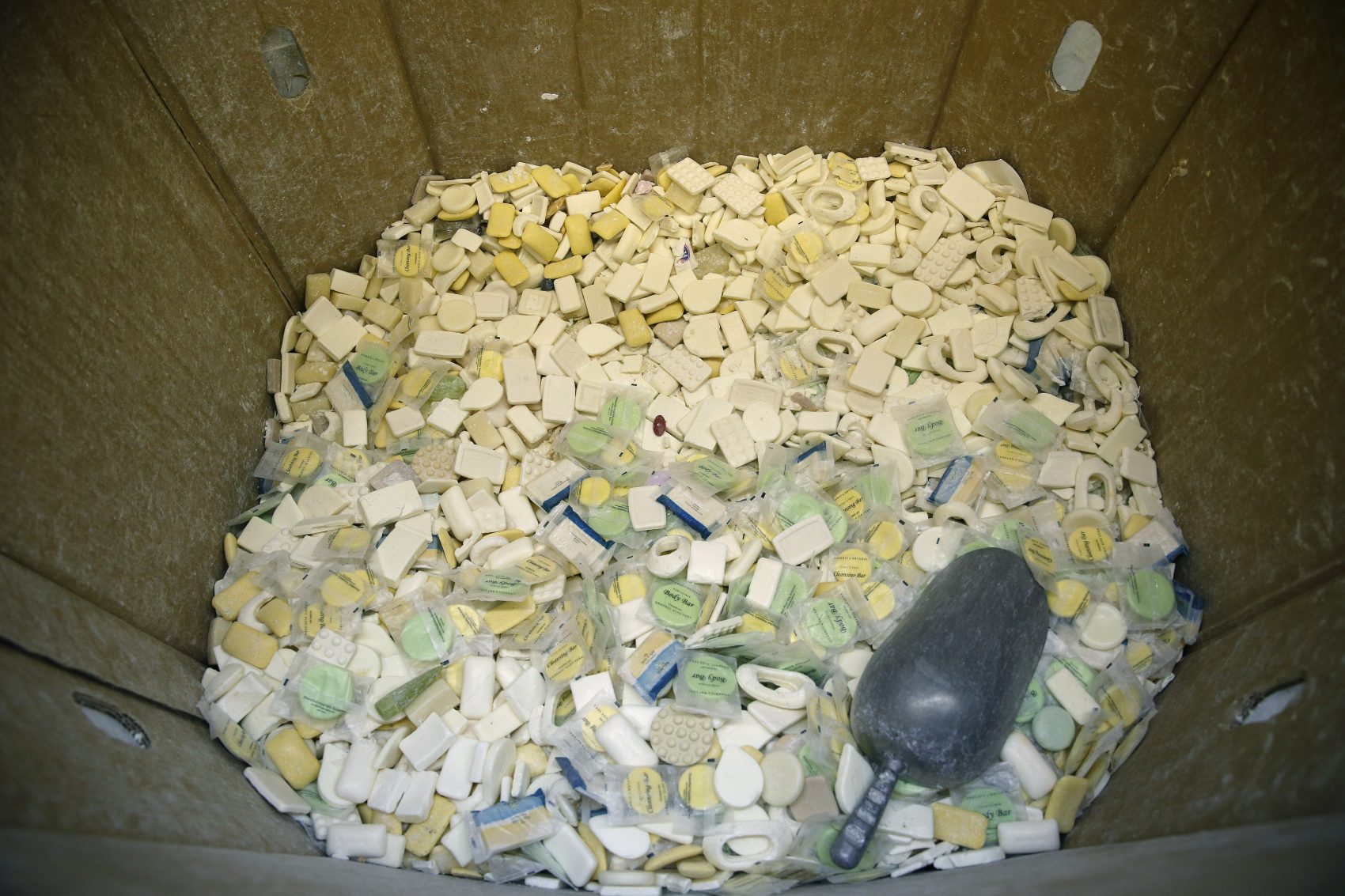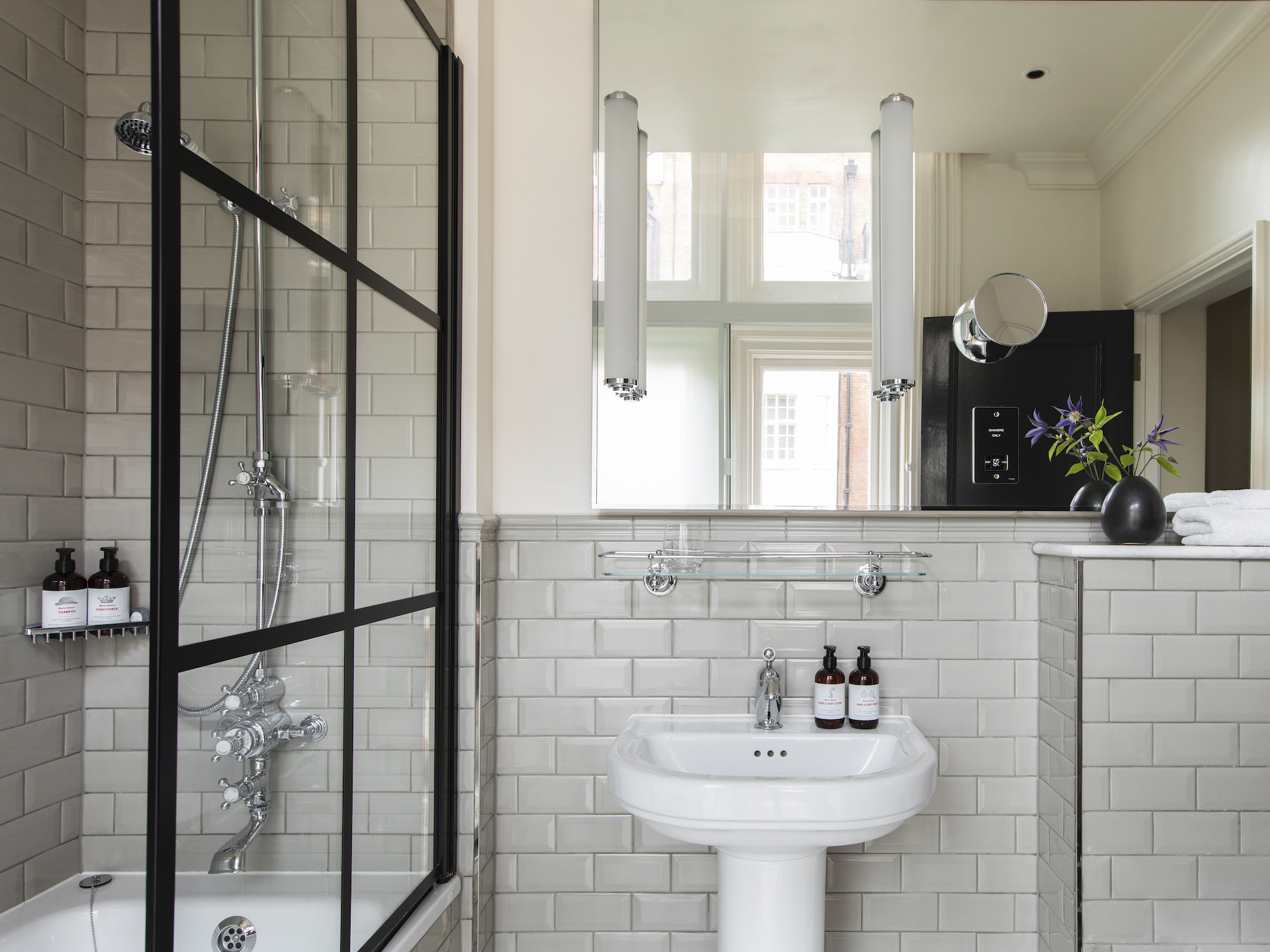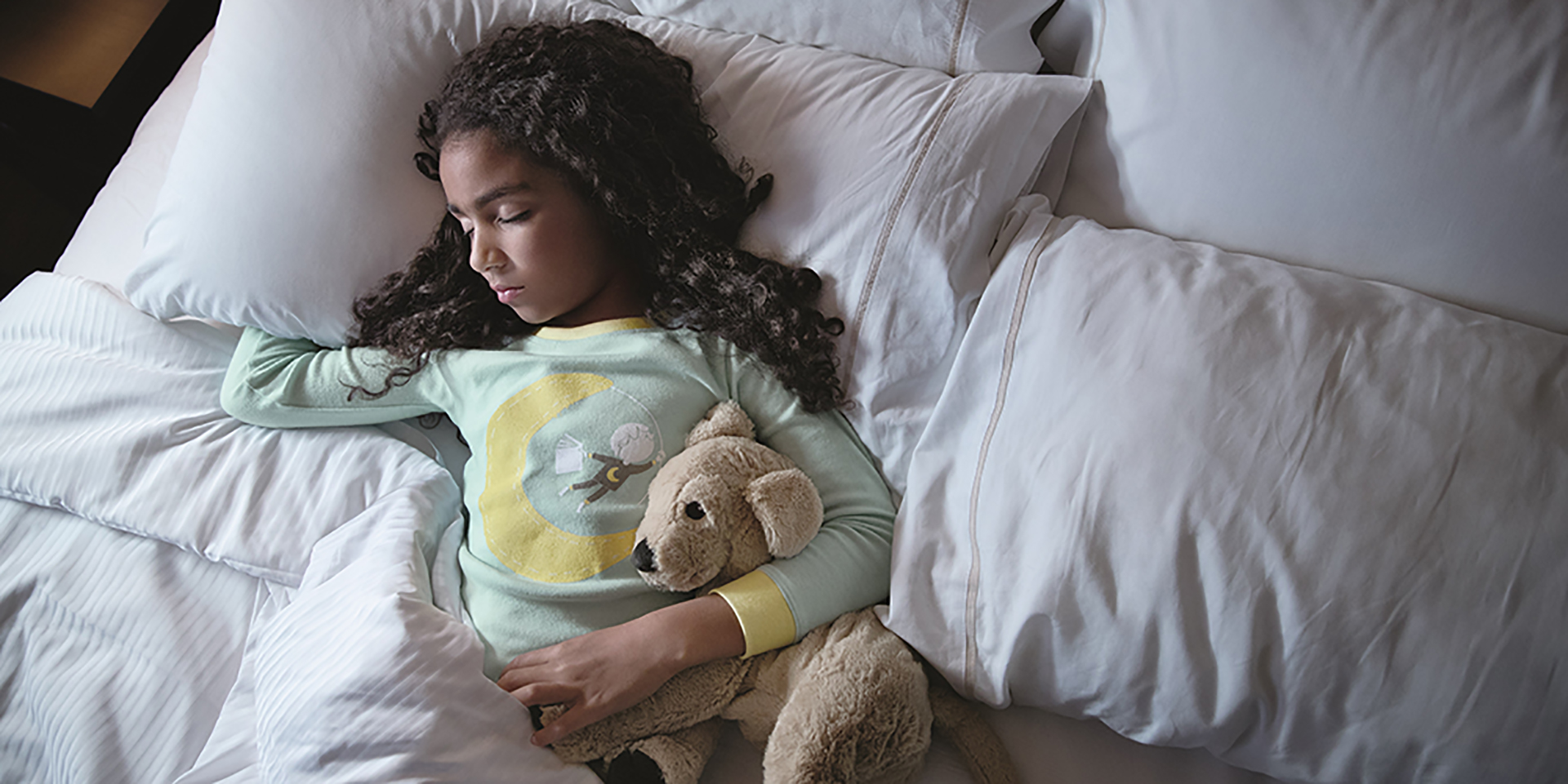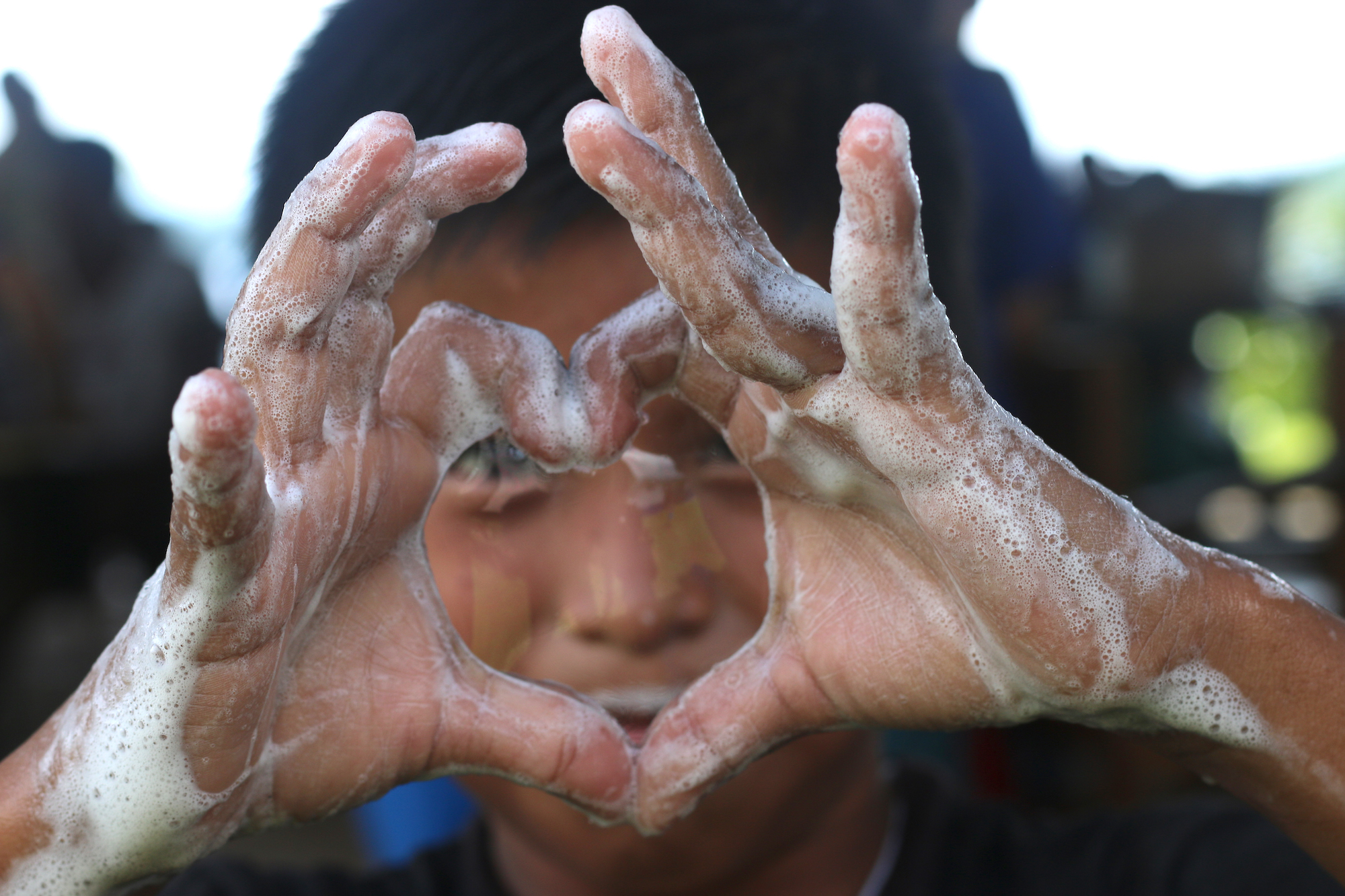SOAP, HOTELS, AND THE ENVIRONMENT
By Erika Suban
It’s time to check out, you are packing your bags and you can’t resist. In a matter of seconds, that tiny shampoo bottle, conditioner and even the shower gel end up in your luggage. There is no shampoo police, and no reason to think about it too much. Welcome to the family: according to a recent study by Bolsover Cruise Club, British travellers take home a total value of £65 million of travel-sized toiletries (and over £3 million worth of tea bags) from hotels every year. And that’s just the British.
Is It Wrong?
Not really, but please leave the towels, the sheets, the curtains, the Bible, the lightbulbs and the batteries from the remote. Yes, apparently people take those as well! If you have a small shower gel container in your luggage, hotels don’t really mind.
So go ahead, use that tiny bottle at home or at the gym, or during your next trip. You can also donate them to your local homeless shelter, or a non-profit group. You can even sell your high-end toiletries online on eBay or the Reddit Beauty Box Exchange.
Anyway, those small bottles might not last for much longer, as a wave of environmental consciousness has taken over the world, and the hospitality industry is following the trend.
The End of Small Plastic Bottles
A proposed California bill, that has passed all committees so far, will ban hotels with more than 50 rooms from providing small plastic bottles containing personal care products from the start of 2023. Hotels with 50 rooms or fewer will have an extra year to comply. Obviously not everybody is on board, but there is a good chance that it will be implemented.
In the meantime, Marriott has already been working on replacing the small bottles with larger ones, like the dispensers you find at the gym. Marriott says that the change allows them to offer higher-quality bath products (like Paul Mitchell’s Tea Tree product line) at a lower cost and reduce waste. In an effort to cut waste, InterContinental Hotels decided that its nearly 843,000 guest rooms will be switching to bulk-size bathroom amenities by 2021.
To have a better idea of the scale of what this means, a hotel with 140 rooms uses 23,000 bottles, or 250 pounds of plastic each year. There are more than 50,000 hotels and 5 million hotel rooms in the United States alone. Large hotel chains like IHG use an average of 200 million bathroom miniatures every year. The initial 450 properties where Marriott will make the change use 10.3 million little bottles a year, or 113,000 pounds of plastic and, when the program reaches 1,500 hotels, it means 34.5 million bottles, or 375,000 pounds of plastic a year.
Other Initiatives
This commitment builds on IHG’s pledge to remove plastic straws from its hotels by the end of 2019, and a number of broader waste reduction initiatives already in place. The Thai luxury brand – Six Senses Hotels Resorts Spas – offers bathroom products in refillable ceramic dispensers across its portfolio. Kimpton Hotels & Restaurants is moving to larger-size amenities as well. Three of IHG’s newer brands — voco, EVEN, and avid hotels, have all offered bulk-size amenities since the day they launched.
IHG works closely with suppliers to offer dispensers and products that retain a quality feel; and more than 1,000 Holiday Inn Express hotels in the Americas have already implemented the change, alongside a number of Staybridge Suites and Candlewood Suites properties in the region. And by 2030, Hilton commits to cut its environmental footprint in half to help protect the planet and double its social impact investment to drive positive change in communities.
And that’s not all. Westin Hotels & Resorts just announced the launch of Project Rise: ThreadForward, a sustainability program that collects, processes and reweaves hotel bed linens and make children’s pyjamas out of them. They will be donated to children in need around the world with the assistance of the charity Delivering Good.
And for more good news, Conrad Maldives Rangali Island is working on a new initiative with leading environmental organization Parley For The Oceans to ban the use of single-use plastics and will soon offer Parley products.
For smaller properties, implementing alternative energy sources, or even putting a note reminding the guests to turn off the light when they leave the room can make a difference. Like most chains, Accor Hotels asks clients to reuse their towels. But with the money saved from the water, Accor plants trees in countries like Morocco, Senegal, Indonesia and Romania. Just with the savings from their hotels in Paris, they planted 27,000 trees in Peru. They are planting a tree every minute, with a goal to reach 10 million trees by 2021.
But What About Leftover Soap Bars?
If you ask yourself what happens to the leftovers of soap bars (we all do), here is an answer that will make you feel good each time you use them to wash your hands: Wyndham, and most other large hotel companies, sanitize them and send them repackaged to a charity called Clean the World for recycling, which ships them to refugees and indigenous communities around the world.
Two million bars of partially used hotel soap thrown away every day in the U.S and over 5 million in the world. And now 7.6 million bars of recycled soap have been distributed to communities in need across 127 countries over the past 10 years thanks to Hilton’s contributions.
We might not think too much about how hotels have become more and more sustainable. Or how a whole set of incentives and regulations have impacted this sector and pushed for corporate social responsibility and green programs. But taking a shower knowing that even the soap we use can help someone certainly feels good. A short shower, of course.
